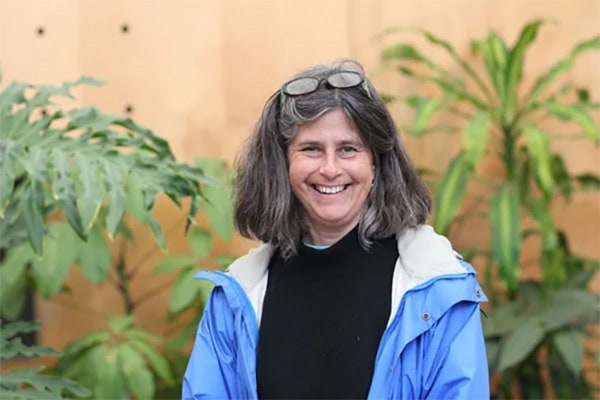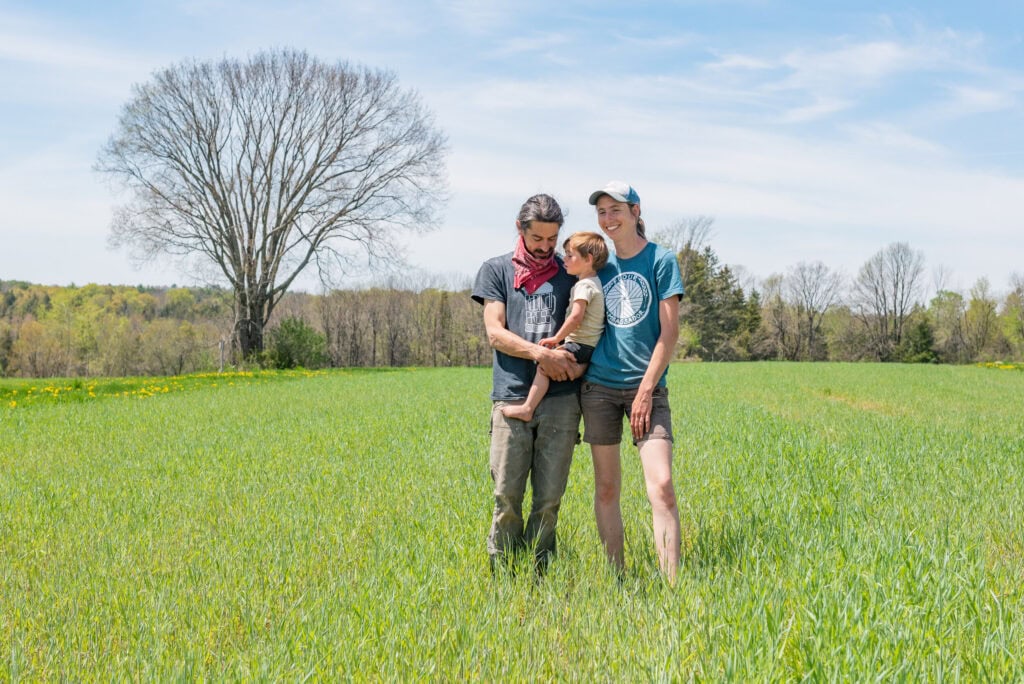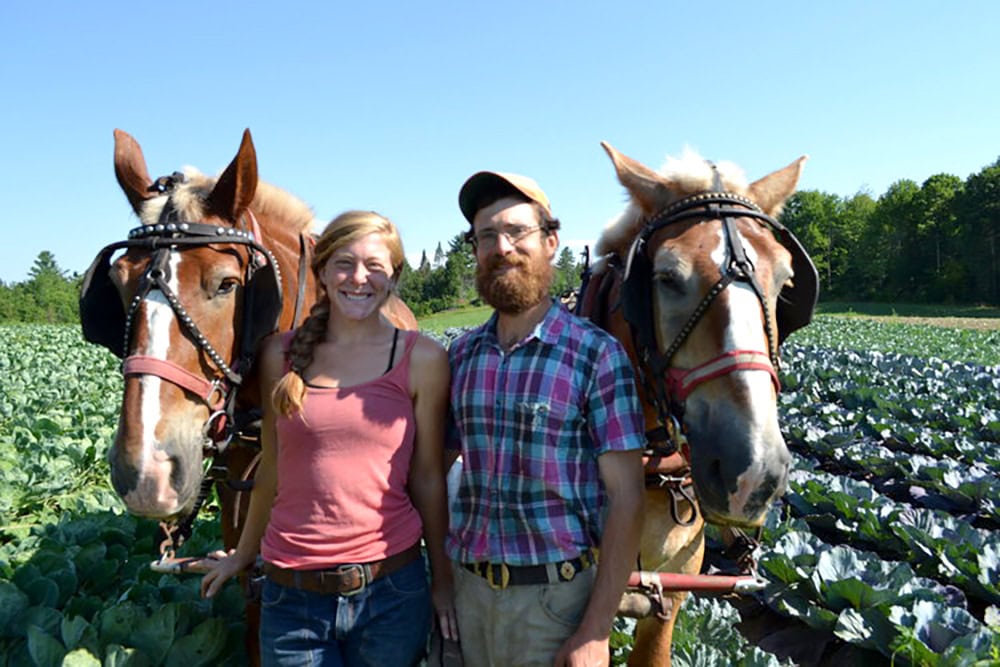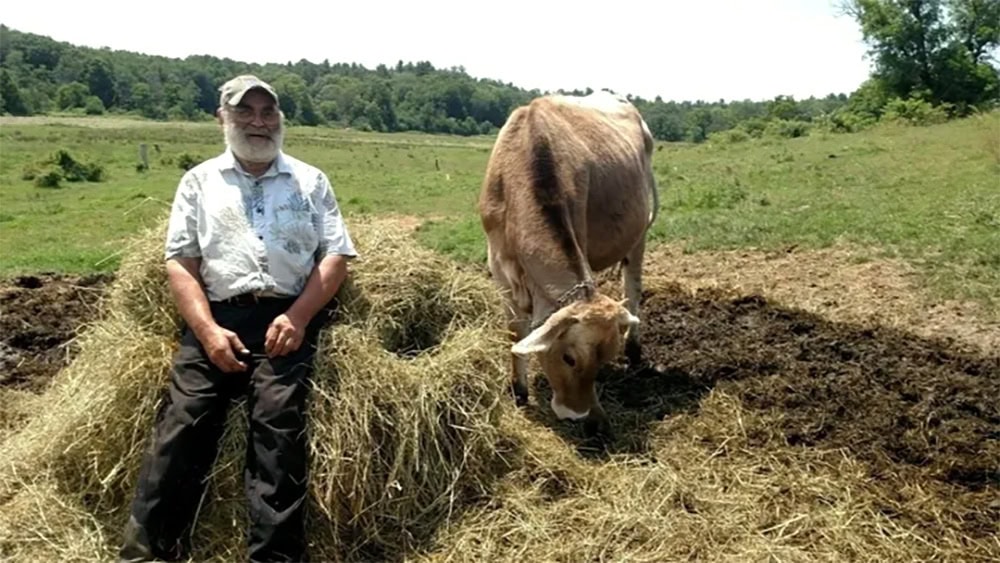The EPA and USDA must ban the practice of using toxic sewage sludge as fertilizer and compost on farms and gardens
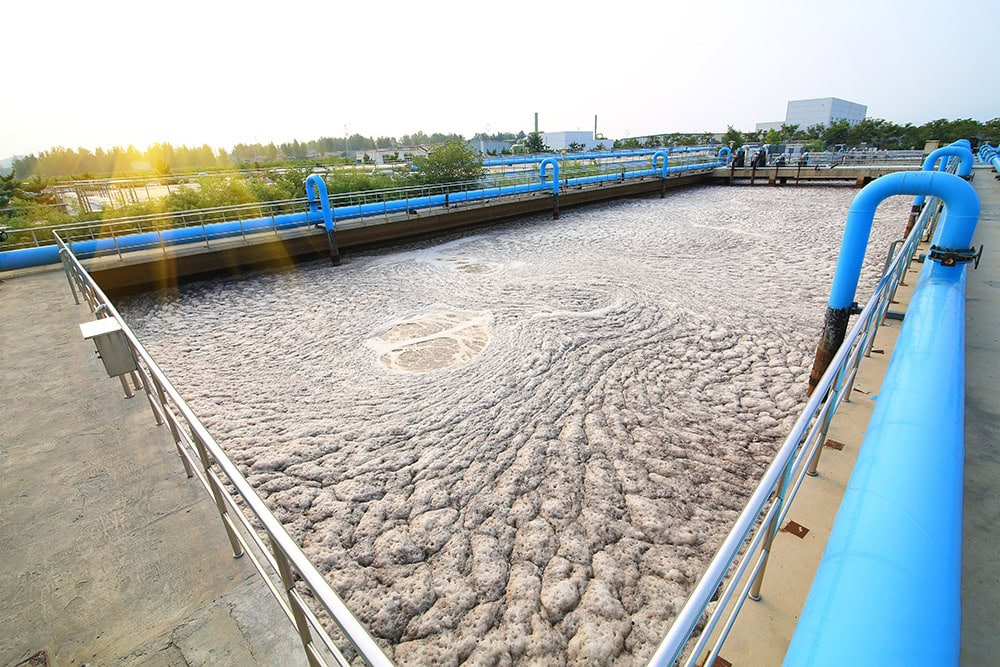
There is a call-to-action at the end of this article. Please don’t leave without taking action! Thank you!
What Are Biosolids?
“Biosolids” is the word waste treatment industry marketers came up with to rebrand sewage sludge, the solid byproduct of wastewater treatment processes. The reason the industry needed to rebrand sewage sludge was because they planned on marketing and selling the nutrient-rich waste to farmers and home gardeners as cheap fertilizer and compost products.
But biosolids aren’t just rich in nutrients. Biosolids can contain high levels of toxic PFAS “Forever Chemicals” (perfluoroalkyl and polyfluoroalkyl substances) that aren’t removed during the waste treatment process. And neither are the phthalates, pesticides, PCBs, antibiotics and other pharmaceuticals, microplastics, heavy metals, and innumerable other harmful substances that have been found in biosolids.
Applications of biosolids contaminate the soil with toxic PFAS and other chemicals, which are then taken up by crops grown in that soil. PFAS also migrates to contaminate groundwater and surface waters. The meat, milk and eggs of livestock become contaminated when the animals consume adulterated crops and water.
The biosolids industry and the commercial fertilizer and compost companies that use biosolids continue to claim that the products are safe and non-toxic. Even municipalities have been giving out biosolids fertilizer and compost to farmers, community gardens, and home gardeners for free, without warning about the dangers.
Unfortunately, the Environmental Protection Agency (EPA), though aware of the problem, still allows the commercialization of toxic biosolids. Just as alarming, the U.S. Department of Agriculture (USDA) actively promotes the use of biosolids as fertilizer to commercial farmers. We suspect this is due to the revolving door and corporate capture of our regulatory agencies and the resulting collusion, favoring corporate profits over human or environmental health.
In 2022, Sally Brown, Research Professor at the University of Washington and veteran biosolids industry lobbyist, was selected by USDA Secretary Tom Vilsack to serve on USDA’s inaugural Advisory Committee for Urban Agriculture.
Sally Brown once called environmental activists “ecoterrorists” for a successful protest on March 4, 2010, that stopped the San Francisco Public Utilities Commission from giving away sewage sludge as “organic biosolids compost” for home and school gardens.
As you’ll soon read, it’s Sally Brown that is the ecoterrorist for promoting biosolids.
Biosolids Poisoning Farms and Farmers Across America
The practice of using biosolids as fertilizer on conventional farms has been happening for decades but has, more recently, turned into a national catastrophe, creating a crisis for farmers and ranchers across the country.
Although the use of biosolids as fertilizer is prohibited in organic agriculture, even organic farms have been hit hard.
March 22, 2022, The Guardian reported:
Maine organic farmers Johanna Davis and Adam Nordell bought Songbird Farm in 2014. By 2021 the young family with their three-year-old son were hitting their stride, Nordell said. But disaster struck in December. The couple learned the farm’s previous owner had decades earlier used PFAS-tainted sewage sludge, or “biosolids”, as fertilizer on Songbird’s fields. Testing revealed their soil, drinking water, irrigation water, crops, chickens and blood were contaminated with high levels of the toxic chemicals. The couple quickly recalled products, alerted customers, suspended their operation and have been left deeply fearful for their financial and physical wellbeing. “This has flipped everything about our lives on its head,” Nordell said. “We haven’t done a blood test on our kid yet and that’s the most terrifying part. It’s f#####g devastating.”
Ironwood Organic Farm, about six miles from Songbird Farm, tested its water and found high levels suspected to have migrated from a neighbors’ sludge-packed field. The small produce farm pulled its products, halted operations and is nervously awaiting more test results. “I spent my entire adult life building this farm,” said Nell Finnigan. “Everything is at stake for us, and this is a tragedy for anyone who comes up with a high [groundwater] well test.”
Stoneridge Farm, a small dairy operation more than 100 miles south of Songbird Farm, discovered in 2016 that sludge and paper mill waste used as fertilizer had probably contaminated its cows and milk. Stoneridge killed most of its livestock in 2019. Co-owner Fred Stone was denied federal assistance for his tainted milk because one of its milk tests came in just below the state’s limit, but Stone didn’t feel comfortable selling it. Now his family of four, which believes PFAS is behind their health ailments from thyroid disease to reproductive problems, survives on welfare and friends’ and family’s generosity. Stone said he could have continued to sell contaminated food: “This is the cost of having a moral compass and doing the right thing.” “I don’t know how we are going to get debts paid,” he added. “I don’t know how the Christ we are going to live. I don’t know how we’re going to survive.”
March 1, 2024, The Guardian reported:
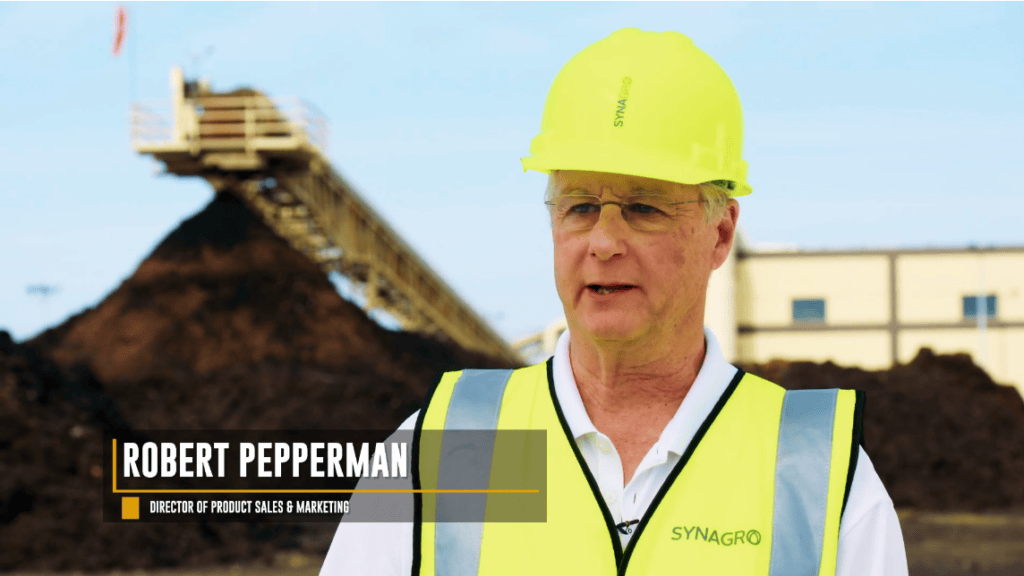
A Texas county has launched a first-of-its-kind criminal investigation into the waste management giant Synagro over PFAS-contaminated sewage sludge it is selling to Texas farmers as a cheap alternative to fertilizer. Two small Texas ranches at the center of that case have also filed a federal lawsuit against Synagro, alleging the company knew its sludge was contaminated but still sold it. Sludge spread on a nearby field sickened the farmers, killed livestock, polluted drinking water, contaminated beef later sold to the public and left their properties worthless, the complaint alleges. The farms’ drinking water was found to be contaminated at levels over 13,000 times higher than the federal health advisory for PFOS, one kind of PFAS compound, a Guardian calculation indicates, and affected meat was as much as 250,000 times above safe levels, the lawsuit alleges.
March 11, 2024, KCUR reported:
“This is a hundred-year-old operation,” Jason Grostic said. “My grandpa milked cows, my dad milked cows, I milked cows, (then) got into the beef industry. It’s in my blood.” But Grostic may be at the end of the line. Two years ago, he was blindsided when the state of Michigan ordered him to shut down his farm, citing high levels of PFAS in both his beef and soil. Grostic had been using biosolids, a treated byproduct from wastewater plants, to fertilize his crops, which he then fed his cattle. But what he thought was a cost-effective fertilizer, turned out to be laden with PFAS. It’s a risk, Grostic said, no one warned him about — and now his 400-acre farm has been deemed unusable. “I took a fertilizer source that was recommended and was EPA-approved, and the government dropped the ball by not testing it and assuring it was a clean product,” he said.
We encourage you to watch the VICE Special Report, “The Hidden Chemicals Destroying American Farms,” a year long investigation featuring Jason Grostic and his experience with biosolids and PFAS. It will shock you.
Sadly, Grostic’s farm was the only one shut down by Michigan regulators. His cattle were the only animals tested, though it’s very likely that a great number of farms in the state are contaminated with dangerous levels of PFAS. The state decided not to test any more farms for fear of having to shut them all down – a bury-your-head-in-the-sand strategy. But this means that a lot of potentially toxic animal products are going to market with no consumer warnings about the chemicals present in the products.
This handful of heartbreaking farmer stories from Maine and Michigan is just the tip of the iceberg. Thousands of farms across the country are likely affected. EWG has estimated, from state data, that 20 million acres of U.S. cropland could be contaminated by PFAS due to the use of biosolids.
What Are States and the Federal Government Doing?
In 2022, Maine became the first state, the only one so far, to ban the use of biosolids due to PFAS concerns. Bill L.D. 1911, An Act to Prevent the Further Contamination of the Soils and Waters of the State with So-Called Forever Chemicals, completely prohibits the land application of biosolids and the sale of compost or other agricultural products and materials containing sludge and septage in the state.
Maine also established a $60 million Fund to Address PFAS Contamination “to provide a suite of programs to assist commercial farmers impacted by PFAS contamination of their land and/or water,” according to the state.
Michigan has required testing for PFAS in biosolids. Minnesota, Wisconsin, and Illinois have interim plans for testing for PFAS in wastewater.
But the other 45 states are doing nothing, preferring to wait for an assessment by the EPA.
Most states aren’t just doing nothing about the problem, they’re actually continuing to promote the use of toxic biosolids as fertilizer and compost despite the evidence and the growing toll on farmers and the environment.
The EPA is currently conducting a risk assessment for PFAS in biosolids, due out at the end of 2024. According to the EPA’s PFAS Strategic Roadmap, the assessment will “serve as the basis for determining whether regulation of PFOA and PFOS in biosolids is appropriate.”
The EPA is making a determination for only two out of over 15,000 PFAS chemicals used by various industries.
A 2023 federal bill with bipartisan support, H.R.1517, Relief for Farmers Hit with PFAS Act, sponsored by U.S. Representative Chellie Pingree (D-ME-1) would create a $500 million fund and “authorize the Secretary of Agriculture to provide grants to States, territories, and Indian Tribes to address contamination by perfluoroalkyl and polyfluoroalkyl substances on farms.”
The USDA, responsible for the regulation of meat and milk products, has not set PFAS limits in meat, milk or eggs. The FDA, responsible for the regulation of all other foods, has not set PFAS limits in food.
The EPA has already established a safe level of PFAS in water at 4 parts per trillion. The Agency admits there is really no safe level for two of the most studied PFAS chemicals, PFOA and PFOS.
So PFAS are not safe in drinking water, but somehow okay in our food?
On February 22, 2024, the nonprofit Public Employees for Environmental Responsibility (PEER) filed a notice of intent to sue the EPA within 60 days, if the EPA did not act on its obligation to regulate PFAS in biosolids.
GMO/Toxin Free USA’s Call-to-Action.
Our federal regulatory agencies know that the land application of toxic biosolids is a huge problem. It is unconscionable that the EPA will spend the whole of 2024 doing nothing more than a risk assessment while allowing the very problematic ongoing use of biosolid fertilizers when the risks are already well established.
While the EPA figures out the wider PFAS problem, the solution for the biosolids problem is very simple.
We’re calling on the EPA and USDA to institute an immediate moratorium on the land application of biosolids and prohibit the sale of compost or other agricultural products and materials containing sludge and septage, similar to the law passed in Maine.
Secondly, polluters must pay. We shouldn’t have to dig into taxpayer dollars and public money to foot the bill for farmer assistance and farmland cleanup. Our regulatory agencies need to identify the sources of PFAS pollution and those corporations/entities should be saddled with the full costs of cleanup, commensurate with their level of pollution.
TELL THE EPA AND USDA TO BAN PFAS-CONTAMINATED BIOSOLIDS
TELL YOUR CITY MUNICIPALITY TO BAN PFAS-CONTAMINATED BIOSOLIDS

